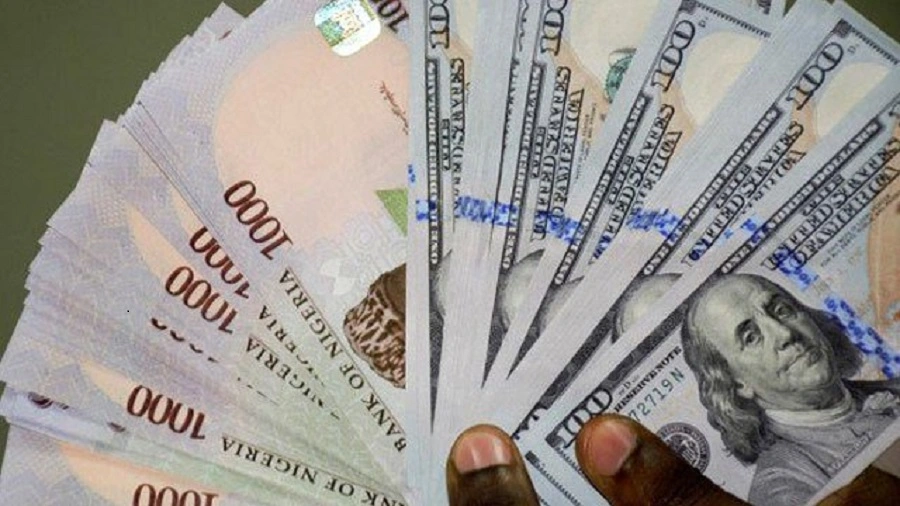The Nigerian naira has taken a significant hit in its ongoing decline, reaching a concerning low of N1,210 against the U.S. dollar in the parallel market. This drastic depreciation, as reported by Aboki FX, has raised serious questions about the nation’s economic stability.
A Troubling Downward Spiral
The continued decline of the naira has become a matter of deep concern, spotlighting the challenges associated with President Bola Tinubu’s fiscal policies. This downward trend has far-reaching consequences, including rising inflation and a noticeable decrease in the economic purchasing power of the Nigerian populace.
Presidential Policy Measures
President Bola Tinubu’s administration has initiated a series of strategic moves in response to this economic crisis, despite their contentious nature. These include the removal of petrol subsidies, which was met with resistance and skepticism. The goal of this measure is to reduce the financial burden on the government and encourage a more market-driven economy. Additionally, the government has opted for a clean float foreign exchange management system, allowing the naira to determine its value through open market forces.
Unprecedented Devaluation
The situation hit an alarming milestone on September 26 when the naira reached a historic low, trading at N1,000 against the U.S. dollar. Since then, the currency has seen a 17% devaluation, with foreign exchange transactions becoming increasingly inaccessible, especially in the parallel market. This market plays a significant role in the country’s financial transactions.
Widespread Repercussions
The ramifications of this currency depreciation are widespread, affecting both businesses and citizens. With rising prices and economic uncertainty, Nigerians face numerous challenges, making it imperative to address this issue urgently and explore sustainable solutions.
The continuing depreciation of the naira underscores the pressing need for economic stability and strategies that can mitigate the effects of inflation while bolstering the nation’s financial well-being.











